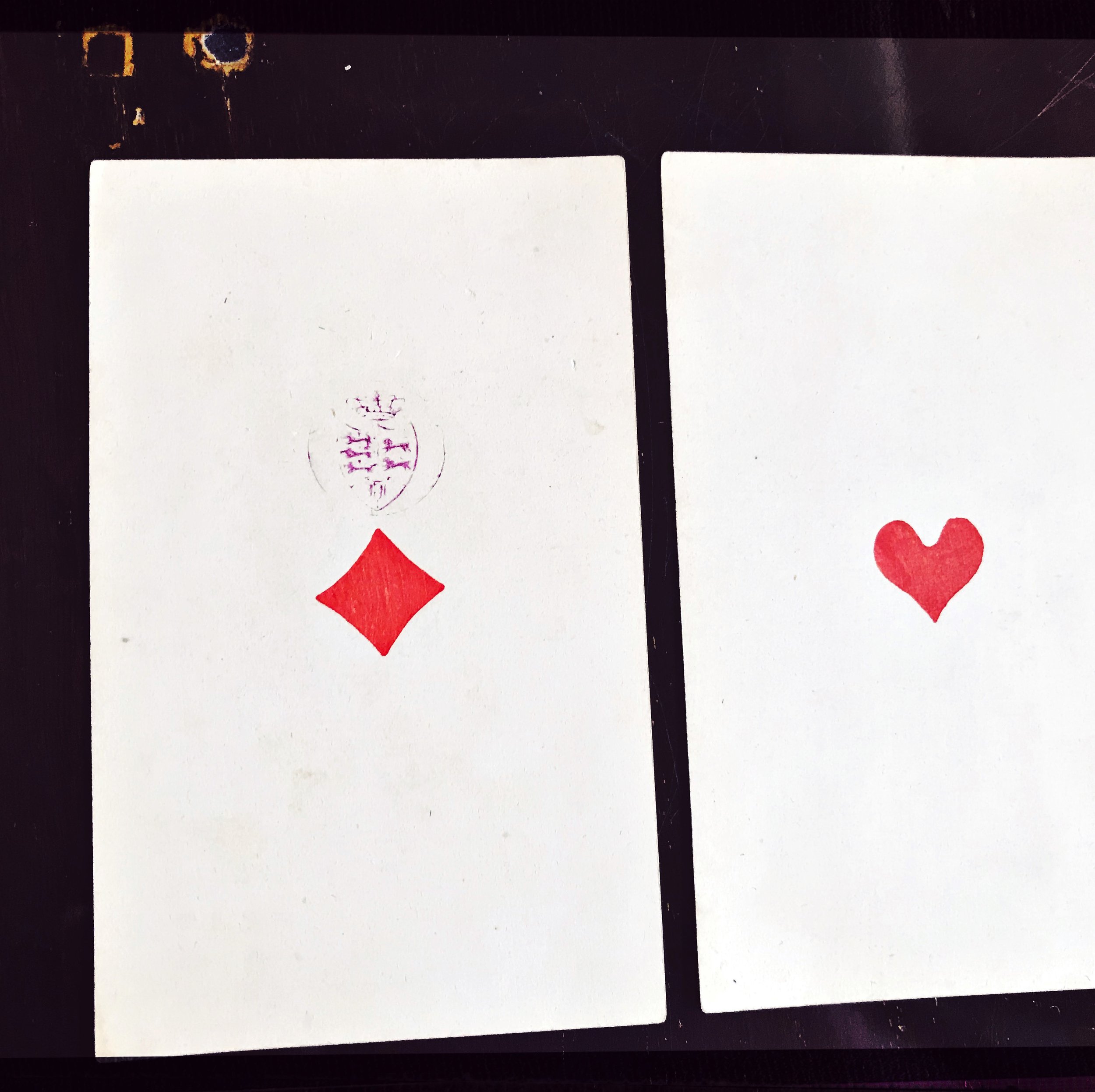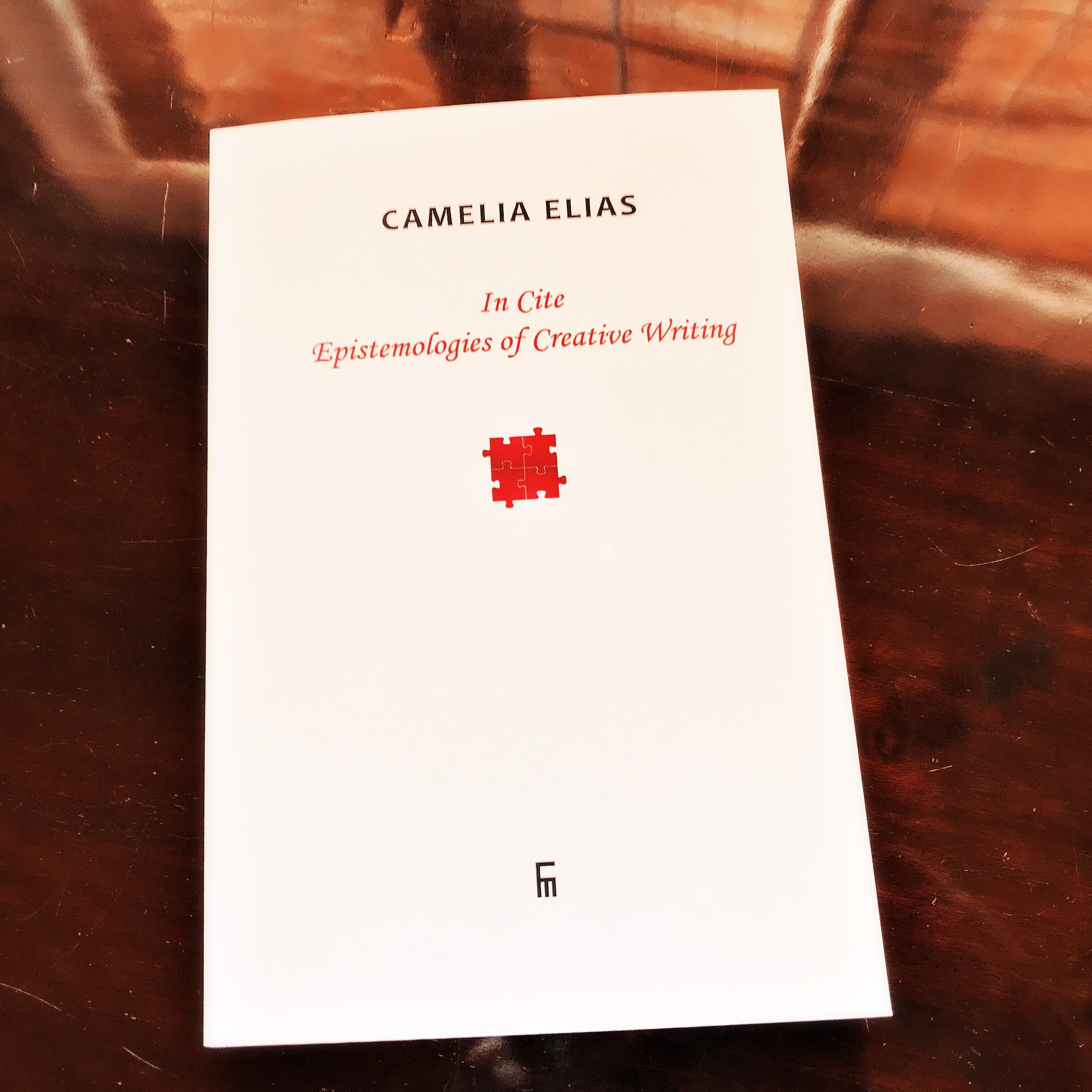Self-help doesn’t work in divination
Fail & fail better?
I don’t think so.
I used to be obsessed with Beckett because I was obsessed with the void. Because Beckett was obsessed with the void, I was obsessed with Beckett. Obsession works with false correlatives. I was on to myself when I dedicated quite a chunk of pages to Samuel Beckett in my second doctorate dissertation defended successfully and to acclaim in 2014.
The inspirational world is also obsessed with Beckett. Or, rather, with what the inspirational world decided Beckett’s words from his absurd Worstward Ho! are all about. Failure. As a human thing. Hallelujah! If only we can find someone who can validate failure for good. Beckett is so delicious.
You know the words, now a famous meme: ‘Ever tried. Ever failed. No matter. Try again. Fail again. Fail better.’
I often come across Beckett’s lines in magical discourses on magical practice, from divination to cursing or burying your enemies: ‘Make mistakes, do it all wrong. It’s delicious to fail.’
Well, err. Wait a minute. As far as divination is concerned, let’s try this analogy: if we forget that divination is a technology in addition to being an interpretative art, we forget that there’s no difference between what a doctor does and what a magical healer does. Let me put it this way: would you go to a doctor who relishes his failures, or what’s worse, can’t even wait to fail better, and more, fall from all graces too because, well, it’s delicious?
I wouldn’t.
By the same token I wouldn’t go to a diviner or a magician who just loves to fail. Because. Human nature. We can so relate. Right.
Magic and divination practices are about technique. The function of a technique is to be applied, not interpreted or evaluated in terms of the human condition. There’s no such ‘this is delicious, this is gross’ parody here. If you learn a technique, you test its value by trying out its efficacy. A doctor can be very nice and full of compassion or other vulnerable human shit that’s just so endearing, but at the end of the day, what you want to know is if he can cut your gut in a competent way. Either he can do that, or he can’t. There’s no ‘fail better’ here. Beckett is so laughing.
Here’s what I say. Don’t fall for the endorsement of failure if you want to master a craft. There’s no human nature involved in mastery. That’s why it’s called mastery. Learn a technique and apply it like a scientist does in an experiment. Take precautions that you won’t blow yourself up in the air, which you would if your approach is slacking.
A fortuneteller who applies technique to superstition is a fortuneteller who has gone beyond belief. This means that there’s no one-to-one mapping of a random symbol or glyphs to an equally random idea of signification. A symbol does not equal meaning any more than fantasy equals divine inspiration. This means that there’s zero space for dicta such as, ‘it can also mean this other thing’ when looking at cards that hold ambiguous signals. If an answer to a question is precise, and it can be, it’s because the context makes it so, as context frames a concern.
If I asked the cards: ‘What is mastery?’ and got the Ace of Diamonds, the Ace of Hearts, and 2 Hearts on the table, I could answer quite straightforwardly and without attachment that mastery is a dance with a singular idea that takes seat in the heart.
If I asked the cards: ‘What is failure?’ and got the Ace of Spades, 3 Hearts, and the King of Diamonds, I’d say that failure is what a king does when he looks away from the essential stacking of narratives from the heart. If you only listen to what you want to hear, then congratulations. You’re in for the delicious failure.
In my work with the cards I don’t confuse mastery with narratives that make me feel good. What has feeling good about it got to do with anything? Either I cut your gut to perfection, or I don’t. Not all things are intuitive. Some are counter-intuitive. The counter-intuitive falls in the category of analysis, risk calculation, and statistics.
If you want to read the cards like the Devil, then you shift into the gear that’s called mastery, not failing better, as if, indeed, Beckett had the substance of our whole human nature in mind when he said that. He didn’t. He was thinking of the void, devoid of substance, content, signification, meaning… In the void, he was thinking about not failing at all.
♠
Cards: Jakob Holmblad, Samlede Værker, 1700s, in my private collection.
*
A book on non-method, actually…
If you’re curious about my some of my academic work, and Beckett, you’re welcome to check out In Cite: Epistemologies of Creative Writing.





